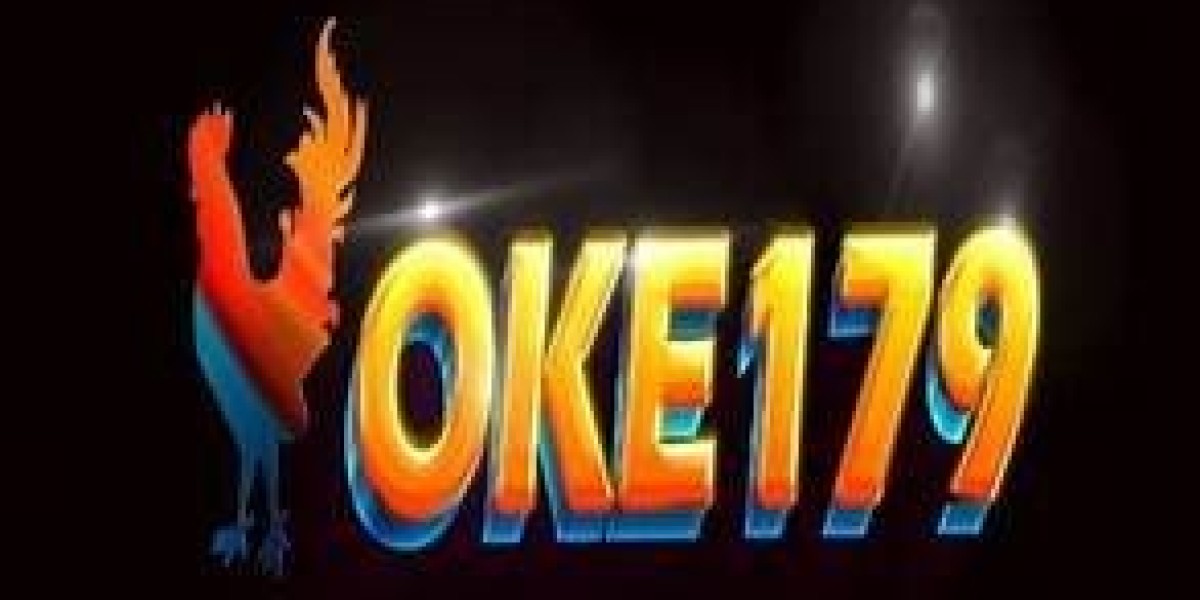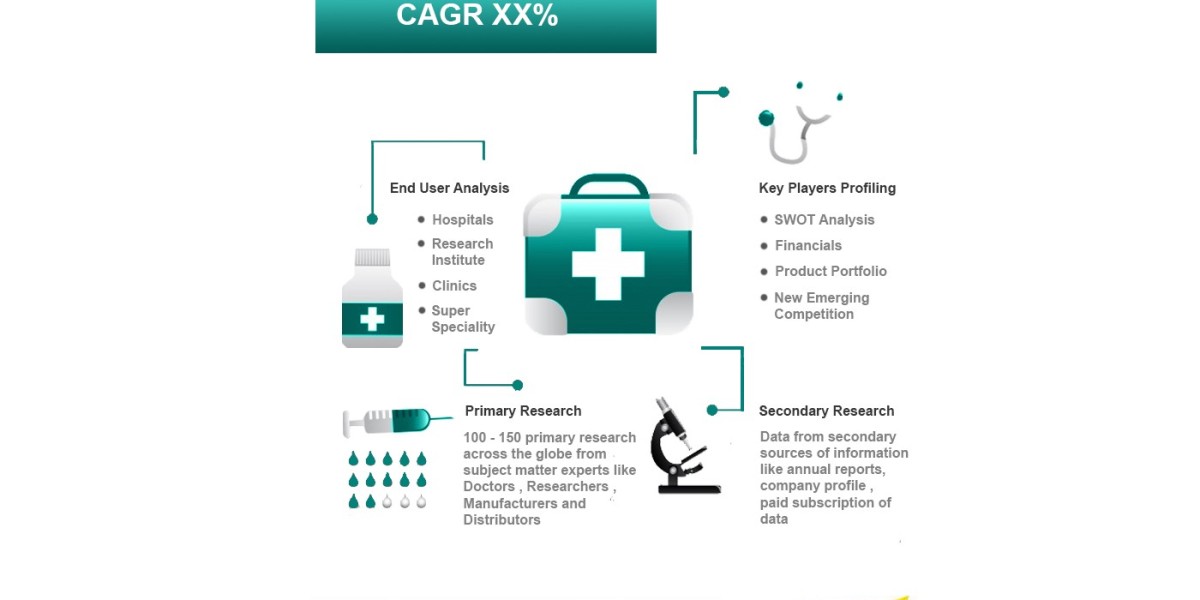Search Engine Optimization (SEO) is the backbone of digital marketing, but the complex jargon can feel daunting for beginners and even seasoned marketers. Understanding SEO terminology is key to creating effective strategies, improving website rankings, and driving organic traffic.
In this detailed SEO glossary, we’ll break down the most essential SEO terms, empowering you with the knowledge to navigate the digital marketing landscape confidently.
Why Understanding SEO Terms is Important
SEO terms are more than just buzzwords—they are tools that help you:
- Communicate clearly with your team and clients.
- Implement actionable strategies for better search visibility.
- Analyze performance and optimize results.
Let’s dive into the most common SEO terms, concepts, and techniques to boost your digital marketing game. For a comprehensive list, visit the SEO Glossary.
Key SEO Glossary Terms
A
Algorithm
Algorithms are complex systems used by search engines like Google to rank websites in search results. They evaluate factors such as content quality, relevance, authority, and user experience.
Alt Text
Alternative text describes the content of an image, helping search engines understand its context. It also improves accessibility for visually impaired users.
Anchor Text
The clickable text in a hyperlink. Search engines use anchor text to understand the content of the linked page.
B
Backlinks
Backlinks are links from other websites to your site. High-quality backlinks signal authority and trust to search engines, boosting your rankings.
Bounce Rate
The percentage of visitors who leave your site after viewing only one page. A high bounce rate could indicate poor content or user experience.
C
Canonical Tag
A canonical tag tells search engines which version of a webpage is the primary one, helping to avoid duplicate content issues.
Click-Through Rate (CTR)
The percentage of users who click on a link compared to the number of users who see it. A higher CTR indicates more compelling content or meta descriptions.
Crawling
Crawling is the process by which search engines scan websites to collect information for indexing.
D
Domain Authority (DA)
A metric developed by Moz to predict how well a website will rank in search engine results. Higher DA typically means a stronger website.
Duplicate Content
Content that appears in more than one place on the web. It can confuse search engines and negatively impact rankings.
K
Keywords
Keywords are specific words or phrases users type into search engines. Effective SEO strategies involve identifying and optimizing for relevant keywords.
Keyword Density
The percentage of times a keyword appears in your content compared to the total word count. Overuse, or “keyword stuffing,” can lead to penalties.
L
Latent Semantic Indexing (LSI) Keywords
These are related terms or synonyms that help search engines understand the context of your content. Using LSI keywords can improve SEO without overloading primary keywords.
Link Building
The process of acquiring backlinks from other websites to improve your site’s authority and rankings.
Local SEO
A strategy focused on optimizing your online presence to attract local customers, such as using “near me” keywords or Google My Business listings.
M
Meta Description
A short snippet displayed below a page title in search results. It provides a summary of the page content and influences click-through rates.
Mobile-First Indexing
Google’s practice of prioritizing the mobile version of a website for ranking purposes. Ensuring your site is mobile-friendly is crucial.
O
On-Page SEO
The practice of optimizing individual webpages, including content, title tags, and meta descriptions, to improve search visibility.
Organic Traffic
Traffic that comes to your website through unpaid search results. It’s one of the most valuable types of traffic in digital marketing.
P
Page Speed
The time it takes for a webpage to load. Faster pages provide a better user experience and are favored by search engines.
Penalty
A ranking drop issued by search engines for violating guidelines, such as using black-hat SEO tactics.
R
RankBrain
A machine-learning algorithm used by Google to process search queries and deliver relevant results.
Rich Snippets
Enhanced search results that include additional information, such as ratings, images, or product details, improving click-through rates.
S
Schema Markup
A type of microdata that helps search engines better understand your content and display rich results in SERPs.
Search Intent
The purpose behind a user’s query. Understanding search intent helps create content that meets user needs.
SERPs (Search Engine Results Pages)
The pages displayed by search engines in response to a user’s query.
Site Map
A file that provides a roadmap of your website to search engines, ensuring all pages are crawled and indexed.
T
Title Tag
An HTML element that specifies the title of a webpage. It’s one of the most important on-page SEO factors.
Traffic
The number of visitors to your website. Traffic can be organic, paid, direct, or referral-based.
U
URL Structure
The way your URLs are organized. Clean, descriptive URLs improve user experience and SEO.
User Experience (UX)
The overall experience users have when interacting with your website. Better UX leads to lower bounce rates and higher engagement.
How to Use This SEO Glossary
- Bookmark a Resource: Refer to a trusted SEO glossary whenever you encounter unfamiliar terms.
- Enhance Strategies: Use your knowledge to optimize content, technical elements, and overall SEO performance.
- Stay Updated: SEO is constantly evolving, so keep learning new terms and concepts.
Conclusion
SEO doesn’t have to be complicated. By mastering the terms in this glossary, you’ll gain the confidence to implement effective strategies and improve your website’s performance. Whether you’re a beginner or an experienced marketer, staying familiar with SEO terminology is a vital part of digital success.
Explore a complete SEO glossary today to further enhance your knowledge and elevate your SEO game!
Profitiya Agency
Phone: 03289633583
Address: MB 20, Zainab Tower, Model Town Link Road, Lahore
ZIP Code: 54600








